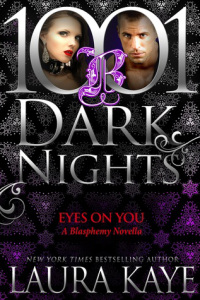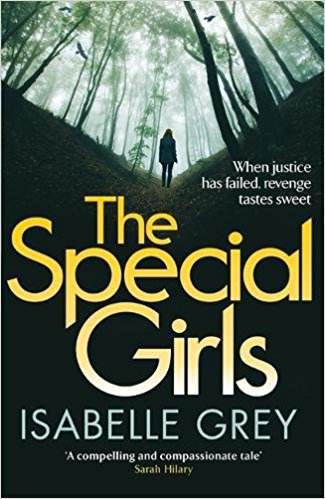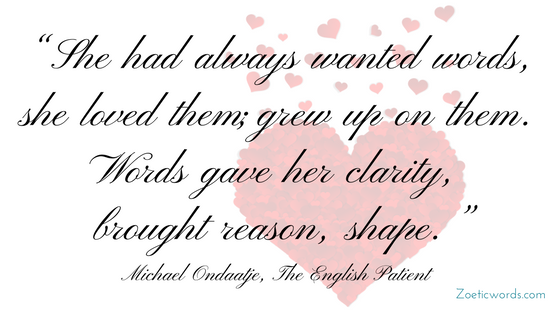“Searching for unicors in publishers’ catalogs“, indeed. A useful list by Electric Literature‘s R.O. Kwon. Titles that caught Mod Clo’s attention:
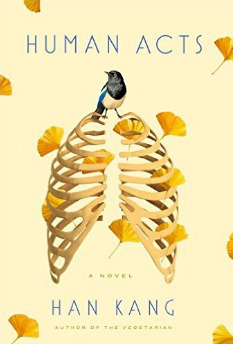
Human Acts by Han Kang
Han Kang’s Booker Prize International-winning The Vegetarian, depicting a woman’s ferocious struggle with her family, was one of the most celebrated, and unnerving, books of 2016. Her new novel, which takes place in 1980 during the Gwangju Uprising in South Korea, is no less unsettling. During the ten-day protests, the military killed hundreds of unarmed students and civilians: Human Acts bears fictional witness to these dead, and to the travails of those who survived.
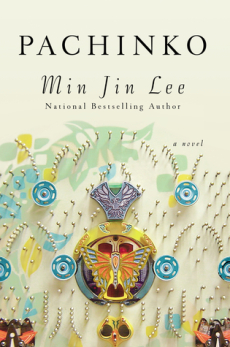
Pachinko by Min Jin Lee
Min Jin Lee had the initial idea for what would become Pachinko in 1989: in college, she attended a talk by an American missionary who worked with ethnic Koreans in Japan, historically a marginalized group. She began writing fiction about Korean Japanese in 1996; then, when she lived in Tokyo for four years in 2007, she restarted her novel-in-progress. Almost 30 years in the making, Pachinko is a testament to Lee’s determination to give voice to lives that have been, as she’s said in an interview, “denied, erased, and despised.”
Not directly, listed, but searching for other novels by Danzy Senna (listed in the article) I found this:
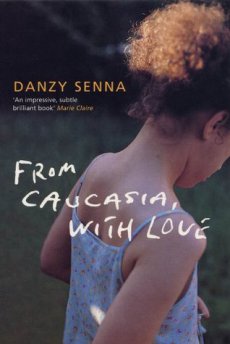
From Caucasia, With Love by Danzi Senna
Birdie and Cole are the daughters of a black father and a white mother, intellectuals and activists in the Civil Rights Movement in 1970s Boston. The sisters are so close that they have created a private language, yet to the outside world they can’t be sisters: Birdie appears to be white, while Cole is dark enough to fit in with the other kids at the Afrocentric school they attend. For Birdie, Cole is the mirror in which she can see her own blackness. Then their parents’ marriage falls apart. Their father’s new black girlfriend won’t even look at Birdie, while their mother gives her life over to the Movement: at night the sisters watch mysterious men arrive with bundles shaped like rifles.
One night Birdie watches her father and his girlfriend drive away with Cole—they have gone to Brazil, she will later learn, where her father hopes for a racial equality he will never find in the States. The next morning—in the belief that the Feds are after them—Birdie and her mother leave everything behind: their house and possessions, their friends, and—most disturbing of all—their identity. Passing as the daughter and wife of a deceased Jewish professor, Birdie and her mother finally make their home in New Hampshire.
Desperate to find Cole, yet afraid of betraying her mother and herself to some unknown danger, Birdie must learn to navigate the white world—so that when she sets off in search of her sister, she is ready for what she will find.
Advertisements Condividi: